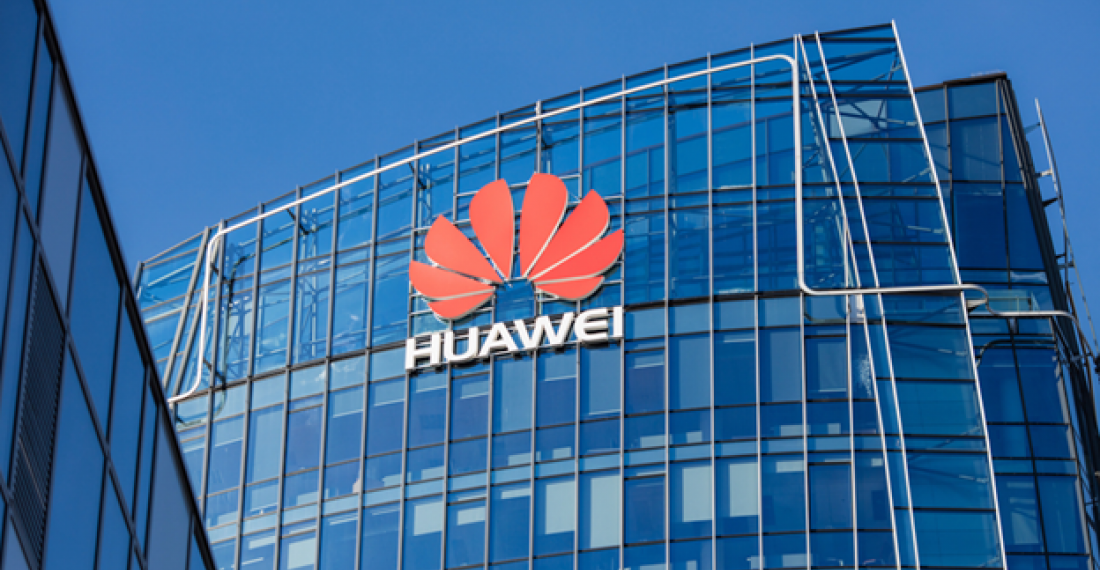Chinese telecommunications giant Huawei became the latest Chinese company to sever ties with Russia. Huawei recently decided to furlough its staff in Russia for at least one month, as well as suspend all new orders.
Western sanctions have alarmed companies doing business with Russia. The threat of secondary sanctions, in this case, being sanctioned for business deals with Russia even if the transaction does not use any western financial instruments, has led to a certain weariness. Huawei, in its decision to furlough its staff and halt new orders, concluded that dealing with Moscow was too big of a risk due to the United States’ toolbox of secondary sanctions.
Huawei’s relationship with Russia has been under increasing scrutiny since the beginning of Moscow’s invasion of Ukraine. In the United Kingdom, two non-executive board members resigned as Huawei refused to condemn Russia’s military actions in Ukraine. Late last month, Huawei publicly commented that it was carefully evaluating how it would respond to western sanctions. While shipments had already been falling due to the instability of the Russian ruble, Huawei finally called for an end to all new orders and shipments, as well as massively reducing its workforce at its Moscow office. However, the Russian daily, Izvestia, reported that the furlough of staff and the absence of new orders actually began towards the end of March. This indicates that while Huawei was stating that it was carefully evaluating the situation, plans were already in motion to suspend new orders.
Nevertheless, it is illustrative that Huawei, a company that was deemed to have colluded with the Chinese government by British parliamentarians, has decided to stop working in Russia. After Chinese state oil refineries similarly suspended all new orders, the economic and business estrangement between Russia and China appears to be picking up steam. As more state companies halt operations in Russia, Moscow may wonder whether Xi Jinping claim that Sino-Russian relations have “no limits”, was an entirely accurate description of their relationship.







